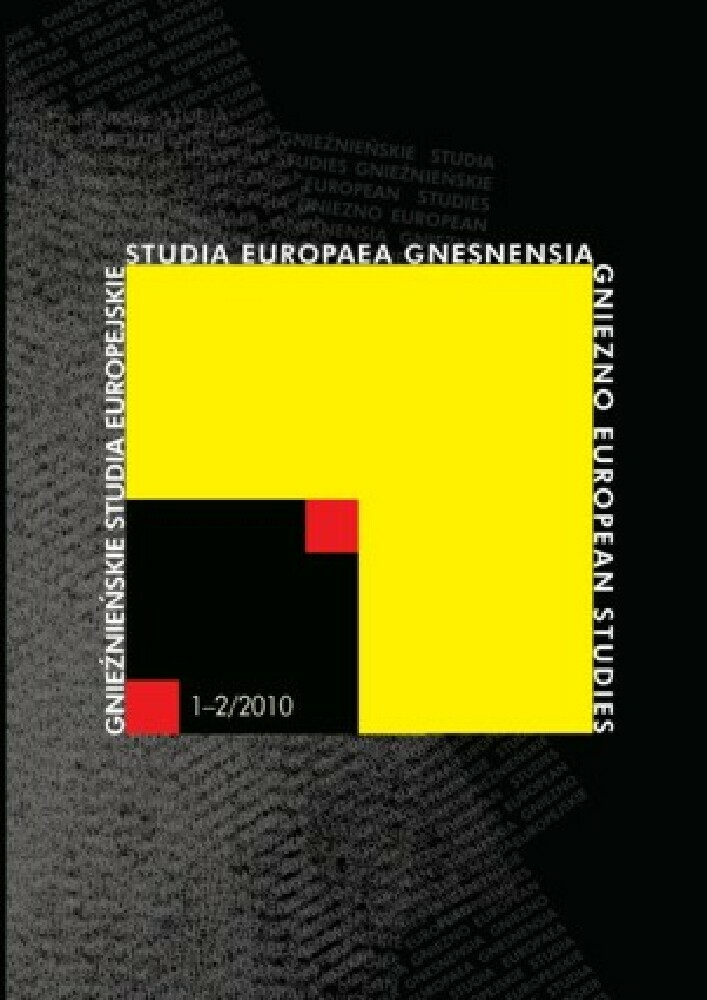Résumé
Horace, having had the taste of the laws of cruel Bellona, decided to dedicate himself to peaceful Muse. His fi rst works expressed anxiety and fears of uncertain future, in the sixteenth iambic he called to escape to the Happy Isles. Th anks to the talent and a stroke of luck, he met Maecenas, and became a member of his circle for good, winning the undying friendship of his protector. Still, the poet resolutely manifested a strong need of his literary independence, in that he refused to engage in political subjects, or rejected the off er of becoming Octavian’s secretary. He desired to propagate universal themes, did not forbear refl ection on the fragility and transience of life, on the necessity of using the moment we are given, though using it with skill. He tried to avoid extremes, shun excessive wealth, problems of the noisy Rome, to content himself with small things. He found that modest estate, the ability to talk with friends with glass of good caecubum were more important than the splendour of the palace. Even when mocking human vices, he would indicate the noble examples from the past. Despite his unwillingness to depict the deeds of victors, which he excused with lack of aptitude and inadequacy of the style, he did not remain deaf to the call of the Homeland. Having been, along with Maecenas, Livius or Virgil, a witness of the downfall of the Republic and the birth of something new, he would take a critical look at his contemporaries, seeking a way out of the adverse situation. He followed the actions of Octavian attentively, to give him the credit of his trust only aft er a time, and to serve the common cause, the moral revival of the society. Still, he was aware of prinicipate’s dark side, of certain constraints imposed on the freedom of speech. Hence, he took refuge in the arms of unpolitical Poetry, which nevertheless features references to the desired values, to Octavian’s ideological agenda. Th e ruler gave society an illusion, in which the war-fatigued, blood-stained Italy is transformed into Happy Isles. The Poet wanted the latter to become fact, by virtue of return to the former morality.
Références
Cytowska M., H. Szelest, Literatura rzymska. Okres augustowski, Warszawa 1990.
Fraenkel E., Horace, Oxford 1957, s. 74–75.
Horacy, Pieśni, przeł. A. Lam, s. 11.
Korpanty J., Napis na tarczy Augusta i ody rzymskie Horacego, Meander 30, 1975, s. 61–75).
McCartney E.S., Augustus Compares Horace to a Sextariolus, Classical Journal 44, 1948, s. 55–56.
Owidiusz, Fasti I, 609–615, przeł. E. Wesołowska)
Propaganda i legislacja matrymonialna Augusta, [w:] Ideologia i propaganda w starożytności. Materiały z konferencji Komisji Historii Starożytnej PTH, Rzeszów 12–14 września 2000, Rzeszów 2004, s. 356.
Syme R., Rewolucja rzymska, Poznań 2009.
Śnieżewski S., Koncepcja historii rzymskiej w Ab Urbe Condita Liwiusza, Kraków 2000.
Wójcik A., Talent i sztuka. Rzecz o poezji Horacego, Wrocław 1986.
Zanker P. August i potęga obrazów, Poznań 1999.
Licence
Copyright © 2010 by IKE and PTPN
